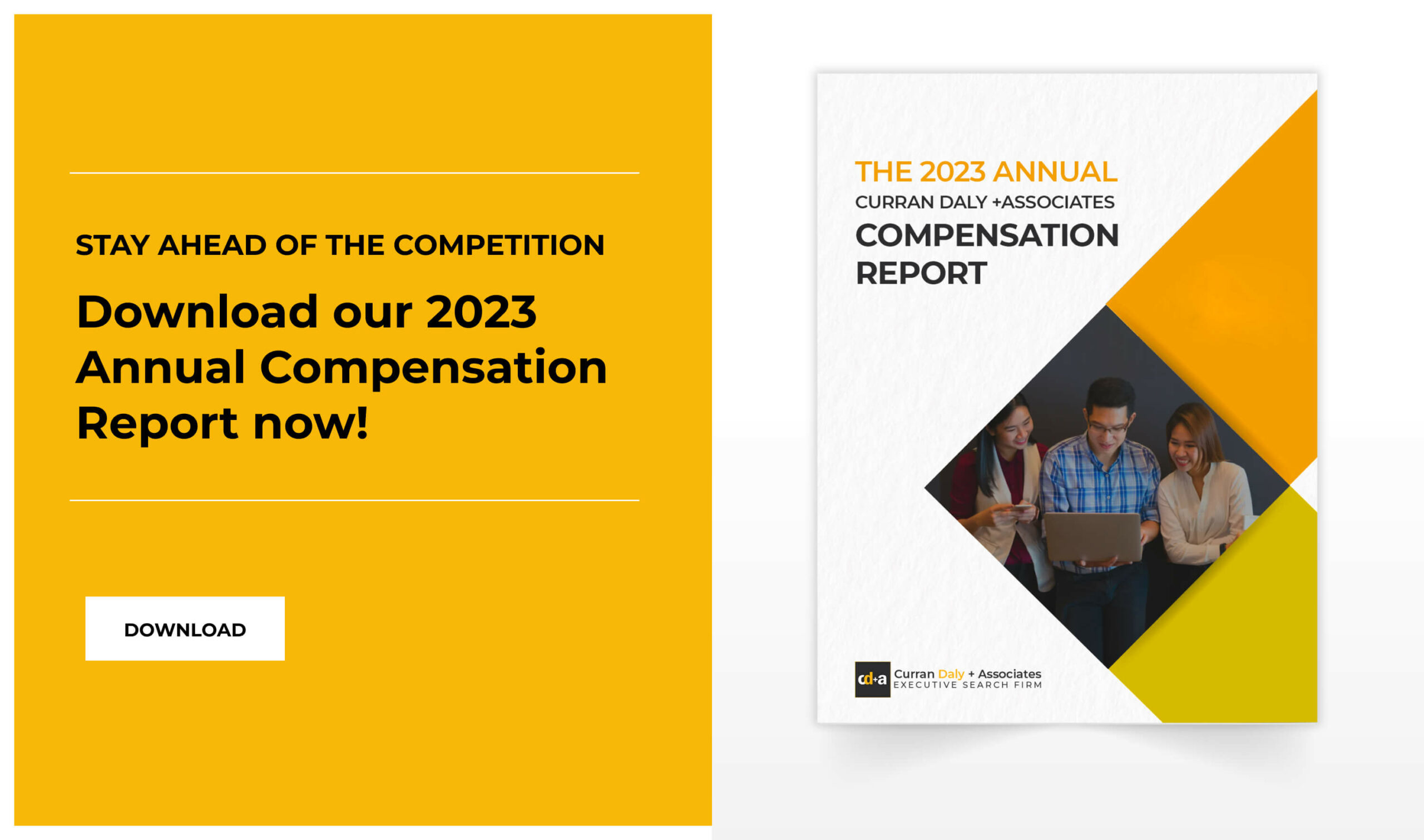In this week’s blog post we focus on leaders – expatriates vs. local leaders – and what is needed for the ever-changing global markets of today.
The CEO of Manpower argues that the era of the Western expatriate manager is ending and that it’s time for more local approaches (Joerres, 2011). The need for leaders with local knowledge of developing markets is leading to innovative practices for attracting overseas talent back home (Chavasse, 2013).
However, in other research by the CIPD, expats still have their role to play in international business including communications, operations, marketing, and research. Talented expats with technical skills, cross-cultural knowledge, and foreign language abilities (such as Mandarin, Filipino etc.) can provide a competitive edge to a variety of companies in many industries.
Going Local
According to a survey by Pricewaterhouse Coopers, 70% of companies over the next three years plan to hire local talent versus 19% planning to use expatriate to fill talent needs. Companies must have a deep understanding of how to market and sell in each market/country. They also need local engineers to find ways of customising products to meet different market tastes. They must deliver localised products at the right price and with the right branding/marketing/sales strategies to customer markets all over the world. And to do so, they need local nationals that are “street savvy”.
Expats can also be expensive. With more and more focus on the cost of international assignments, companies are looking for ways to reduce expenses. Localisation generates savings for the company when the cost of local salaries and benefits are less than an expat’s package.
The Expat Edge
Let’s put an expat manager in a large corporation in an Asian country, like the Philippines for example. It will be a test to the expat manager to get used to cultural values and diplomatic skills – considering that in Filipino culture while though seemingly acceding with a smile, may not agree to or understand certain decisions. These distinct cultural norms, coupled with a language barrier, certainly make it difficult for an expat leader.
However, being a local doesn’t make it easier either. Many in emerging Asian economies don’t quite have the business acumen of their Western counterparts, yet they are dealing with a burgeoning economy that only recently began shifting from a low-cost labour hub to a service-based one.
Certainly expats can help manage Asian enterprises: they’re a known commodity and usually have plenty of business acumen. But as mentioned before, expats can be expensive. Mike Norman, senior vice president of Sibson Consulting in Los Angeles, estimates that it costs three to five times more to employ an expat than to hire a local employee.
This week’s tips:
1. Clarify expectations and objectives
Companies should establish clear objectives for managers whether local or expat. Understand the skills and knowledge gaps in your organisation. What leadership talent will you need to meet market demands in the short/medium/long term? How would local knowledge add more value than expat leadership? What government mandates or incentives exist for recruiting nationals?
2. Adapt, don’t transplant
Senior executives must impress upon coaches and the visiting managers they are working with, that the goal isn’t simply to transplant mature-market practices into emerging markets—these practices are just as likely to fail at the hands of a local or a traditional expatriate manager. Be aware of cultural fit, leadership style and expectations.
3. Try the “Reverse Expat” Strategy
A reverse expat is a local manager who is placed at the helm of a Western-based company’s emerging-market business and then rotated through some of the company’s more mature operations outside of that market. Reverse expats spend a pre-determined amount of time, depending on their experience level and the complexity of the project or objective.
4. Both Expats and Local Leaders – Global Teams
Appointing an expat leader can also be for a shorter assignment of three months – this way expat leaders can help train and pass on knowledge to local leaders. The expat leader upon return to their origin country can also continue to support local leaders as the organisation becomes a “global team”. Team members from different parts of the world work virtually to tackle and resolve company-wide issues (Vilet, 2013). In addition it has been found that team members with diverse cultural backgrounds develop more innovative recommendations than traditional homogenous teams (from the same culture).







0 Comments